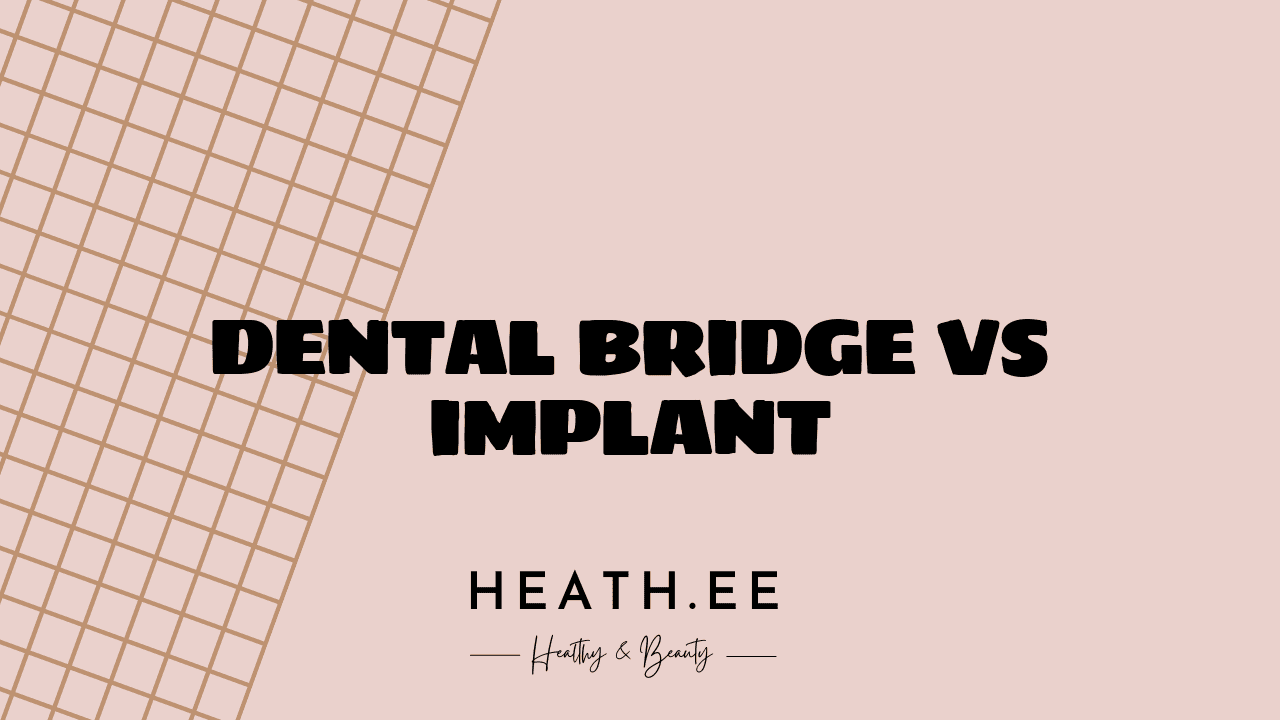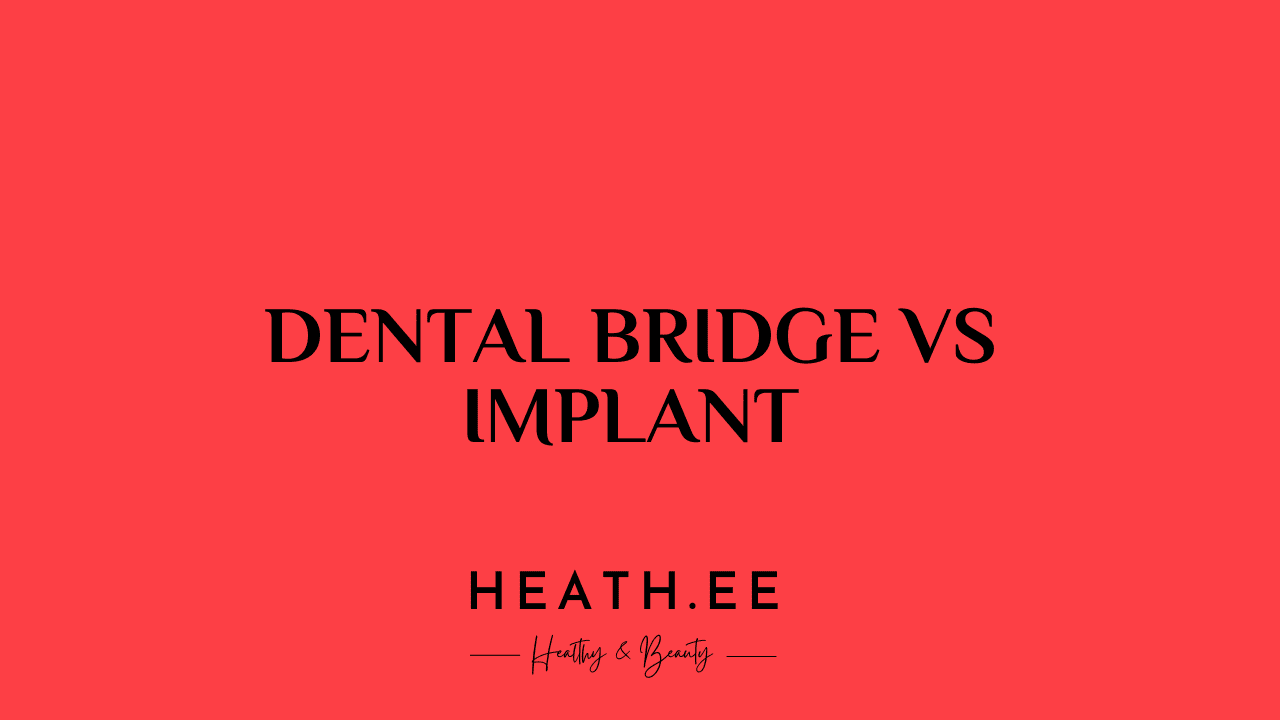When it comes to restoring missing teeth, dental bridges and implants are two of the most common options available. But which one is the best choice for you? In this comprehensive guide, we’ll explain the pros and cons of each treatment option so you can make an informed decision.
What is a Dental Bridge?
A dental bridge is a type of restoration used to replace one or more missing teeth. A bridge is made up of two or more crowns that are attached to adjacent teeth or implants on either side of the gap. A false tooth, known as a pontic, is attached to the crowns and fills the gap.
The main advantage of a dental bridge is that it can be placed quickly and easily. Bridges can also provide a more natural-looking appearance than some other types of restorations, such as dentures.

What is a Dental Implant?
A dental implant is an artificial tooth root that is surgically inserted into the jawbone. Once the implant has healed, a false tooth, known as a crown, is attached to the implant. Dental implants provide a more natural-looking and long-lasting solution than bridges.
The main advantage of dental implants is that they are more durable and stable than bridges. They also don’t require the removal of any healthy tooth structure, as bridges do.
Pros and Cons of Dental Bridges
The main advantage of a dental bridge is that it can be placed quickly and easily, and it can provide a more natural-looking appearance than some other types of restorations. However, bridges require the removal of healthy tooth structure from adjacent teeth in order to place the crowns. This can weaken the teeth and make them more prone to damage. Bridges also have a shorter lifespan than implants, and they can be more difficult to clean.

Pros and Cons of Dental Implants
The main advantage of dental implants is that they are more durable and stable than bridges. They also don’t require the removal of any healthy tooth structure, as bridges do. However, implants require a surgical procedure to place the implant, and the healing process can take several months. In addition, implants can be more expensive than bridges.
Cost Comparison of Dental Bridges and Implants
The cost of a dental bridge or implant varies depending on the type of bridge or implant used, the number of teeth being replaced, and the complexity of the procedure. Generally speaking, bridges tend to be less expensive than implants. However, implants can last longer and provide a more natural-looking result, so the extra cost may be worth it in the long run.
Which Option is Right for You?
When it comes to choosing between a dental bridge and an implant, there is no one-size-fits-all solution. The best option for you will depend on your individual situation, such as the number of teeth being replaced, the complexity of the procedure, and your budget. It’s important to talk to your dentist about your options so you can make an informed decision.
Conclusion
Dental bridges and implants are both effective solutions for replacing missing teeth. Bridges can be placed quickly and easily, and they can provide a more natural-looking appearance than some other types of restorations. However, bridges require the removal of healthy tooth structure from adjacent teeth in order to place the crowns, and they have a shorter lifespan than implants.
Dental implants are more durable and stable than bridges, and they don’t require the removal of any healthy tooth structure. However, implants require a surgical procedure to place the implant, and the healing process can take several months. In addition, implants can be more expensive than bridges.
The best option for you will depend on your individual situation, such as the number of teeth being replaced, the complexity of the procedure, and your budget. It’s important to talk to your dentist about your options so you can make an informed decision.



